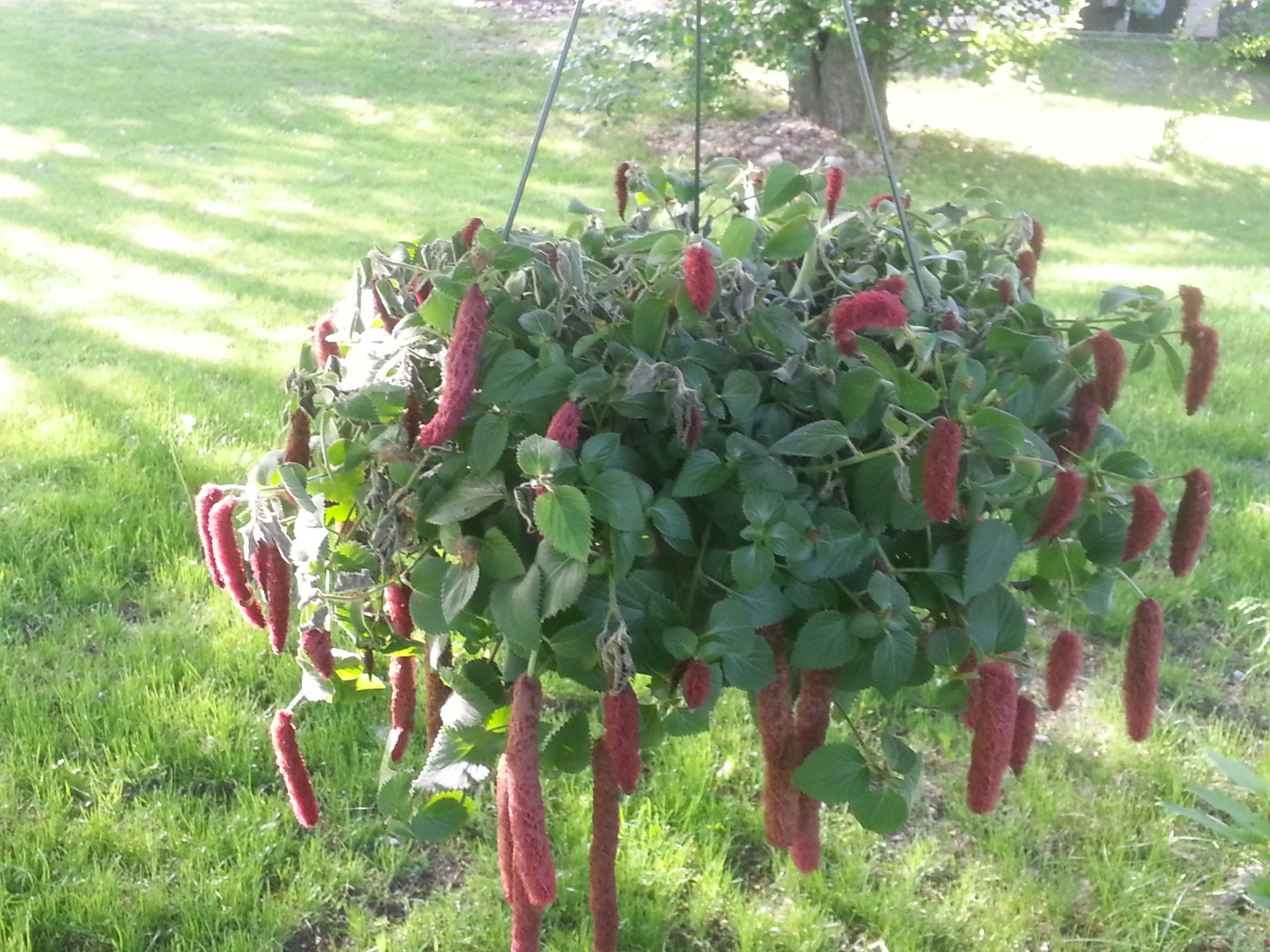Staying Sober - One Day at a Time
We Made A Decision

All of us now in A.A, had to make one crucial decision before we felt secure in the new program of life without alcohol. We had to face the facts about ourselves and our drinking realistically and honestly. We had to admit that we were powerless over alcohol. For some of us, this was the toughest proposition we had ever faced. We did not know too much about alcoholism. We had our own ideas about the word “alcoholic.” We tied it up with the down-and-out derelict. We thought it surely meant weakness of will, weakness of character. Some of us fought off the step of admitting that we were alcoholics. Others only partially admitted it.
Most of us, however, were relieved when it was explained to us that alcoholism was an illness. We saw the common sense of doing something about an illness that threatened to destroy us. We quit trying to deceive others – and ourselves – into thinking that we could handle alcohol when all the facts pointed the other way. We were assured from the beginning that no one could tell us we were alcoholics. The admission had to come from us – not from a doctor or a minister or wife or husband. It had to be based on facts which we ourselves knew. Our friends might understand the nature of our problem, but we were the only ones who could tell for sure whether or not our drinking was out of control.
Frequently we asked: “How can I tell if I am really an alcoholic?” We were told that there were no hard and fast rules for determining alcoholism. We learned that there were, however, certain telltale symptoms. If we got drunk when we had every reason to stay sober, if our drinking had become progressively worse, if we no longer got as much fun from drinking as we once had – these, we learned, were apt to be symptoms of the illness we call alcoholism. Reviewing our drinking experiences and their consequences, most of us were able to discover additional reasons for recognizing the truth about ourselves.
Quite naturally, the prospect of a life without alcohol seemed a dreary one. We feared that our new friends in A.A. would be dull or, worse yet, wild-eyed evangelists. We discovered that they were, instead, human beings like ourselves, but with the special virtue of understanding our problem – sympathetically, without sitting in judgment. We began to wonder what we had to do to stay sober, what membership in A.A. would cost, and who ran the organization, locally and worldwide. We soon discovered that there are no musts in A.A., that no one is required to follow any formal ritual or pattern of living. We learned also that A.A. has no dues or fees of any kind; expense of meeting rooms, refreshments, and literature are met by passing the hat. But even contributions of this kind are not a requirement for membership.
It soon became apparent to us that A.A. has only a minimum of organization and has nobody giving orders. Arrangements for meetings are handled by group officers who move on regularly to make room for new people. This “rotation” system is very popular in A.A.